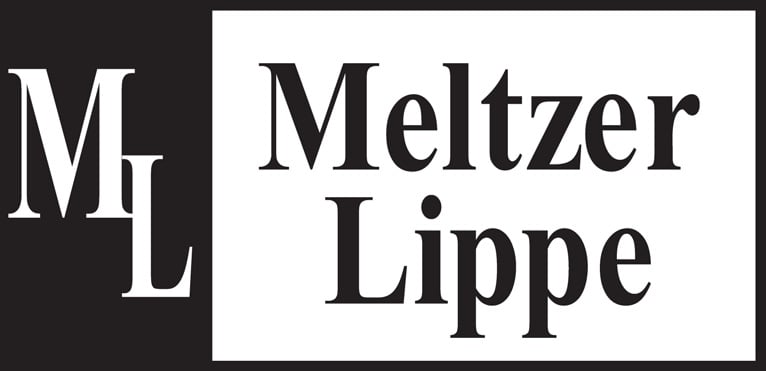With current uncertainty due to the Coronavirus, we have had several inquiries regarding maximizing FDIC insurance and understanding the protections available for other investments. Below is a brief summary.
Bank Accounts:
- The FDIC insurance amount of $250,000 for deposit accounts is per depositor, per insured bank, for each account ownership category. To maximize coverage, depositors can hold funds in different account ownership categories. For example, a single depositor can insure $750,000 or more at one FDIC insured bank by holding an individual account in her name, a retirement account, a joint account with her spouse, and an additional $250,000 for each revocable “in trust for” or “pay on death” account, where upon the account holder’s death, the account passes directly to a unique beneficiary.
- Accounts can be opened at multiple FDIC insured banks to obtain additional coverage up to the insurance limits per depositor, per bank, for each account ownership category.
- CDARS (“Certificate of Deposit Account Registry Service”) and ICS (“Insured Cash Sweep”) are private services that maximize FDIC insurance protection by dividing a depositor’s funds among various CDARS and ICS member institutions to keep each of the multiple accounts under the FDIC insurance limits. CDARS is for CD accounts, and ICS is for deposit and money market accounts. While we do not give investment advice, they have the endorsement of the American Bankers Association and are products you may consider with your financial planner to see if they are appropriate. The account owner works with one bank that is a member and receives one unified statement detailing all of the accounts, instead of a separate statement for each one.
Brokerage Accounts:
- It is important to note that Federal law requires brokerage firms to keep clients’ assets segregated from the brokerage firm. This includes both cash and securities and is the fundamental foundation of account safety. Brokerage asset protection policies vary by firm, but generally neither the cash nor securities in your account can be lent out without your permission. Accordingly, if a brokerage firm goes under, your cash and investment assets should still be there unless the brokerage misappropriated funds.
- Even in the event the assets in your brokerage account are missing, there is still protection. Although brokerage accounts are not protected by FDIC insurance (except to the extent FDIC insured bank deposit accounts are held by the brokerage firm), the Securities Investor Protection Corporation (SIPC) will protect the assets in the brokerage account up to $500,000 for securities and cash (but cash is capped at $250,000), per depositor, per institution. It may be possible to broaden coverage through the use of different account categories (similar to the FDIC categories described above). Note that this coverage varies by institution and a particular brokerage company may have its own supplemental insurance in place for client assets.
Life Insurance and Annuities:
- Protection of life insurance and annuities vary from state to state. For example, in New York life insurance policies are protected by the Life Insurance Company Guaranty Corporation of New York, which insures policy holders up to $500,000 per insured, per insurance company, for all policies issued by carriers licensed in New York. This protection covers the death benefit and cash surrender value.
